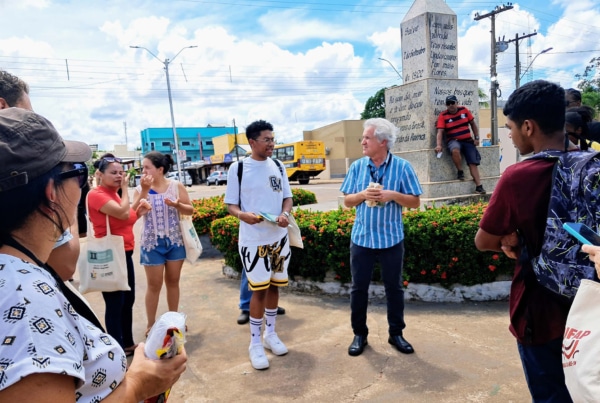
For the new issue of the lecture series organised by the Department of Humanities and Social Sciences and the Kourou IUT, we are offering a lecture entitled "Models, modelling, why model? A few simple examples from ecology", presented by Abdennebi OMRANE. It will take place on Thursday 21 November 2019 at 6.30pm in lecture hall C. During this meeting, the speaker will talk about models and modelling and relate them to ecology. He will show you how mathematics can be useful in solving "unpredictable" problems.
More specifically, we begin by defining what is meant by the word "model", remembering that it is a simplification of reality. We will then discuss the situations in which a model can be useful (for example, the prevention of unpredictable natural disasters). We will also show that models do exist. We will then talk about the mathematical stages in modelling, i.e. the construction of the mathematical model! Finally, we will present some models and show how they are constructed from simple physical observations and laws (cellular exchanges, population dynamics, evolution in a closed environment, etc.). Generalisations that have led to classical models are also explained.
Presentation of the speaker :
Abdennebi OMRANE is a professor of mathematics at the University of Guyana (UG). He obtained his doctorate from the Université de Nice Sophia-Antipolis in 1998 and his habilitation to direct research (HDR) from the Université des Antilles et de la Guyane in 2006. He works in the field of modelling plant-related ecological phenomena, using differential equation theory and optimal control theory.




